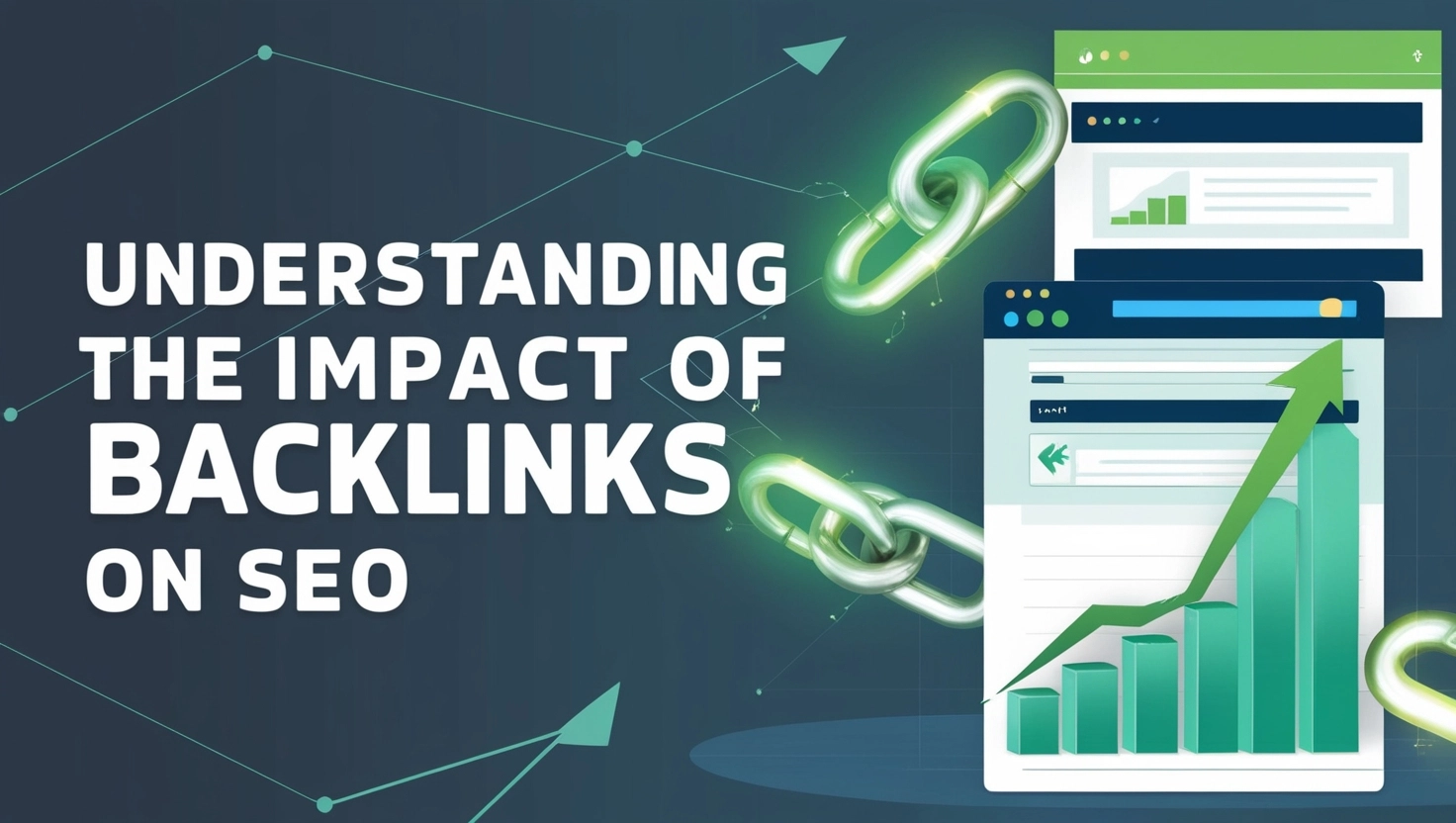In the vast world of digital marketing, backlinks hold a critical place in shaping Search Engine Optimization (SEO) success. Backlinks act as endorsements, signaling search engines about your website’s credibility and authority. But what exactly are backlinks, and why are they so essential for SEO? Let’s dive deeper.
What Are Backlinks?
Backlinks, also known as inbound or incoming links, are links from one website to another. Think of them as votes of confidence, when a reputable site links to yours, it tells search engines your content is valuable and trustworthy.
How Do Backlinks Affect SEO?
Backlinks play a crucial role in determining your website’s ranking on search engines. Here’s how they influence SEO:
1. Boost Search Engine Rankings
Search engines like Google view backlinks as a sign of authority. Websites with high-quality backlinks are more likely to rank higher in search results.
2. Increase Organic Traffic
When your website appears on the first page of search results due to strong backlink support, it naturally attracts more visitors.
3. Enhance Domain Authority
Backlinks from credible sources contribute to your domain authority, a metric that predicts how well your site will rank in search engine results.
Types of Backlinks: Which Ones Matter?
Not all backlinks are created equal. Here are the key types:
1. Do Follow Backlinks
These are the most valuable links, as they pass on “link juice,” or SEO value, to your website.
2. No Follow Backlinks
Although they don’t directly influence rankings, they can still drive traffic and build brand awareness.
3. High-Authority Backlinks
Links from reputable websites (e.g., news outlets, educational institutions) carry more weight than those from low-quality sources.
4. Relevant Backlinks
Backlinks from websites within your niche or industry are more impactful than those from unrelated sites.
Common Backlink Mistakes to Avoid
While backlinks can significantly enhance your SEO, some practices can harm your site:
1. Buying Backlinks
Paid backlinks can lead to penalties from search engines if detected. Focus on earning organic links instead.
2. Relying on Low-Quality Sources
Links from spammy or irrelevant sites can hurt your rankings.
3. Overlooking Anchor Text
Using generic anchor text (e.g., “click here”) doesn’t provide context to search engines. Instead, use descriptive, keyword-rich anchor text.
How to Build High-Quality Backlinks
Building a strong backlink profile requires effort and strategy. Here are some effective methods:
1. Create Exceptional Content
High-quality, shareable content is the foundation of earning backlinks. Think blogs, infographics, or case studies that offer value.
2. Guest Blogging
Write articles for authoritative websites in your niche and include links to your site.
3. Leverage Broken Link Building
Find broken links on other sites, suggest your content as a replacement, and reach out to the site owner.
4. Build Relationships
Networking with industry leaders, bloggers, and journalists can open opportunities for natural backlinks.
Measuring Backlink Success
How do you know if your backlink strategy is working? Here are some metrics to track:
1. Referral Traffic
Monitor traffic coming from linked sites to gauge their impact.
2. Domain Authority Growth
Tools like Moz and Ahrefs can help track improvements in your domain authority.
3. Backlink Profile Quality
Regularly analyze your backlinks to ensure they come from reputable sources.
Conclusion
Backlinks are a powerful component of SEO, serving as endorsements for your website’s credibility and relevance. By earning high-quality links, you can improve your rankings, drive organic traffic, and establish authority in your niche.
SEO isn’t just about having backlinks; it’s about having the right backlinks. Focus on quality over quantity, avoid shortcuts, and continuously refine your strategy to achieve long-term success.


